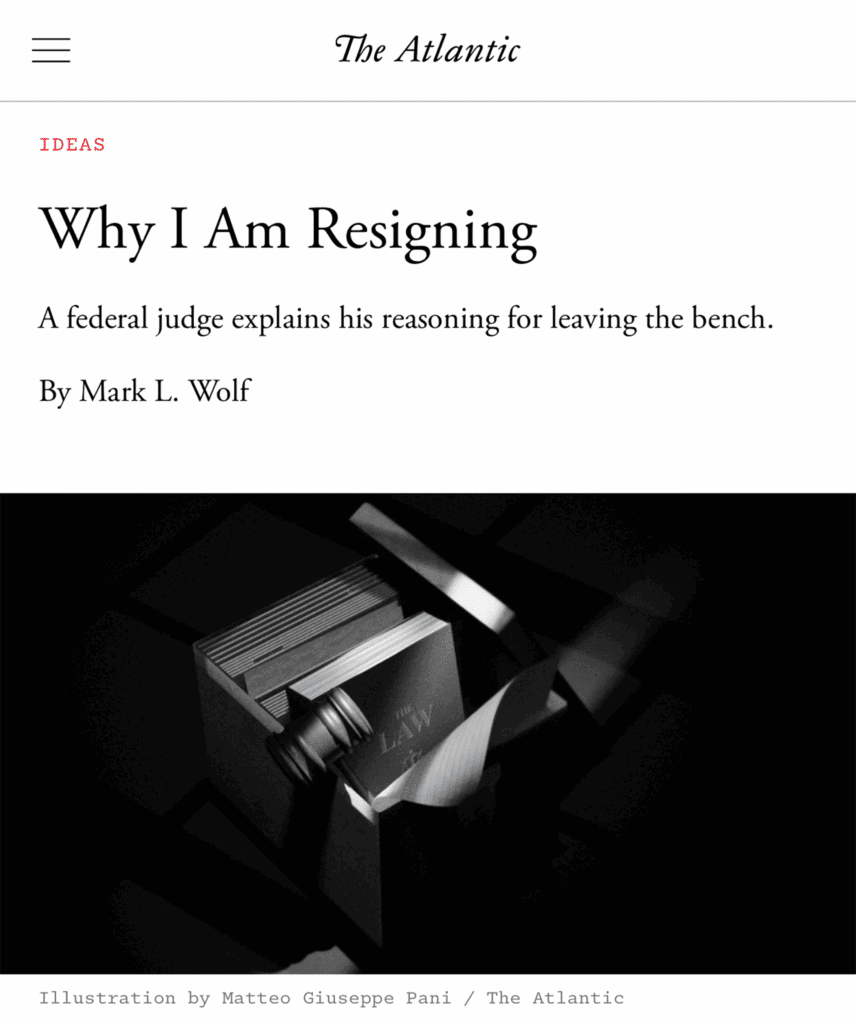Brief History
Plus: A major election case heads to the U.S. Supreme Court. 🗳️
This Week in Democracy
- During a hearing, lawyers for former FBI Director James Comey and New York Attorney General Letitia James argued that interim U.S. Attorney Lindsey Halligan was not legally appointed to her role and did not have the authority to bring charges against them. The judge appeared skeptical of the Justice Department’s arguments that Halligan is validly serving, according to reports.
A group of 13 democracy experts and scholars represented by States United filed a brief this week in support of James’s motion to dismiss the case, making the argument that politically motivated prosecutions are a threat to the rule of law. States United also represented a similar group last month in filing a brief in the Justice Department’s case against James Comey.
➡️ READ: More about the new brief
- President Trump issued pardons for more than 70 people involved in the 2020 “fake electors” scheme. The pardons have no effect on state-level charges, since the president can only issue pardons for federal offenses.
- The U.S. Supreme Court agreed to decide if federal law allows state election officials to count mail ballots that are received after Election Day. The case has the potential to impact millions of voters across the country: 16 states allow mail ballots received after Election Day to be counted. (Election officials can determine if they were cast on time using postmarks and other methods.)
- Congress passed legislation to fund the federal government through January. Among other things, the bill requires that any federal workers fired by the Trump administration during the shutdown be re-hired, provides back pay to federal workers, and restores funding for federal food assistance. Trump signed the bill on Wednesday, ending the longest government shutdown in U.S. history.
- At a conference, U.S. Deputy Attorney General Todd Blanche said that the Justice Department would seek to strip state bar associations of their ability to discipline his department’s attorneys.
State bar associations regularly handle attorney ethics matters, including revoking the law licenses of Trump allies that took part in the effort to overturn the 2020 presidential election.
Kathleen Sweet, the president of the New York State Bar Association, issued a statement in response to Blanche’s remarks. “Any lawyer who abandons their oath to the Constitution and who intentionally misrepresents facts or law in court is properly subject to discipline, even if they work for the Department of Justice,” she said.
State of the States
In Georgia, Peter J. Skandalakis announced that he would take over prosecuting the state election interference case against President Trump and his co-defendants. Skandalakis, the executive director of the Prosecuting Attorneys’ Council of Georgia, is taking over after Fulton County District Attorney Fani Willis was disqualified.
“My only objective is to ensure that this case is handled properly, fairly, and with full transparency discharging my duties without fear, favor, or affection,” Skandalakis said.
In Illinois, a federal judge ordered the release of hundreds of people arrested by federal agents in the Chicago area. The judge ruled that the U.S. Department of Homeland Security likely violated a court order restricting the ability of federal agents to arrest people without warrants.
Federal agents are leaving Illinois and heading to Charlotte, N.C., next, local officials confirmed. North Carolina Gov. Josh Stein said that federal agency leaders had not contacted him.
Stein expressed concern because of federal actions in other cities. “We’ve seen them assault senior people,” he said. “We’ve seen them go after people who were peacefully protesting. This is not how policing is supposed to happen in this country.”
Reports indicate that federal agents will begin operations in New Orleans next.
➡️ READ: What’s Breaking Through About Federal Law Enforcement Tactics
In Oregon, a federal judge permanently blocked the Trump administration from deploying National Guard troops in the state. “[E]ven giving great deference to the President’s determination, the President did not have a lawful basis to federalize the National Guard,” the judge wrote.
➡️ EXPLORE: Backgrounder: National Guard Deployment Litigation
Recommended Reading
Mark Wolf, a now-retired federal judge from Massachusetts, writes in The Atlantic about how Trump’s attacks on the rule of law led him to resign.
“As much as I have treasured being a judge, I can now think of nothing more important than … doing everything in my power to combat today’s existential threat to democracy and the rule of law,” he writes.
